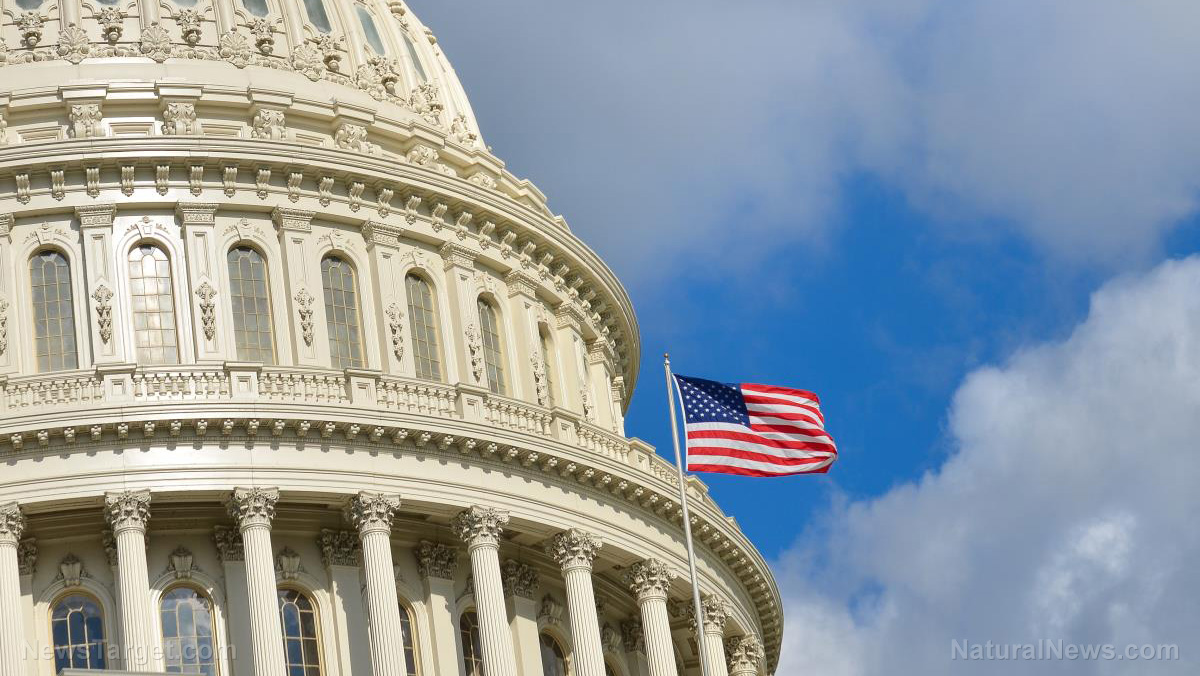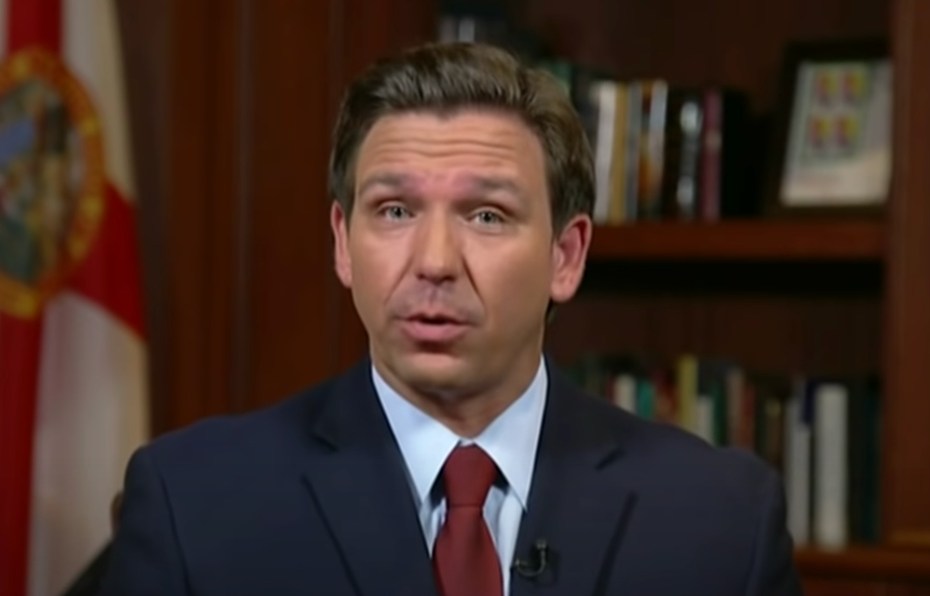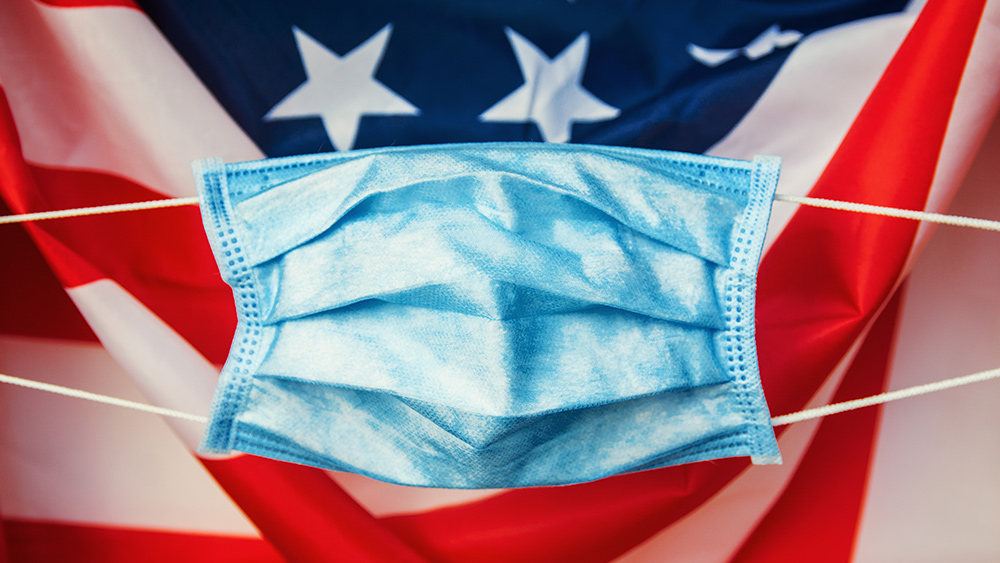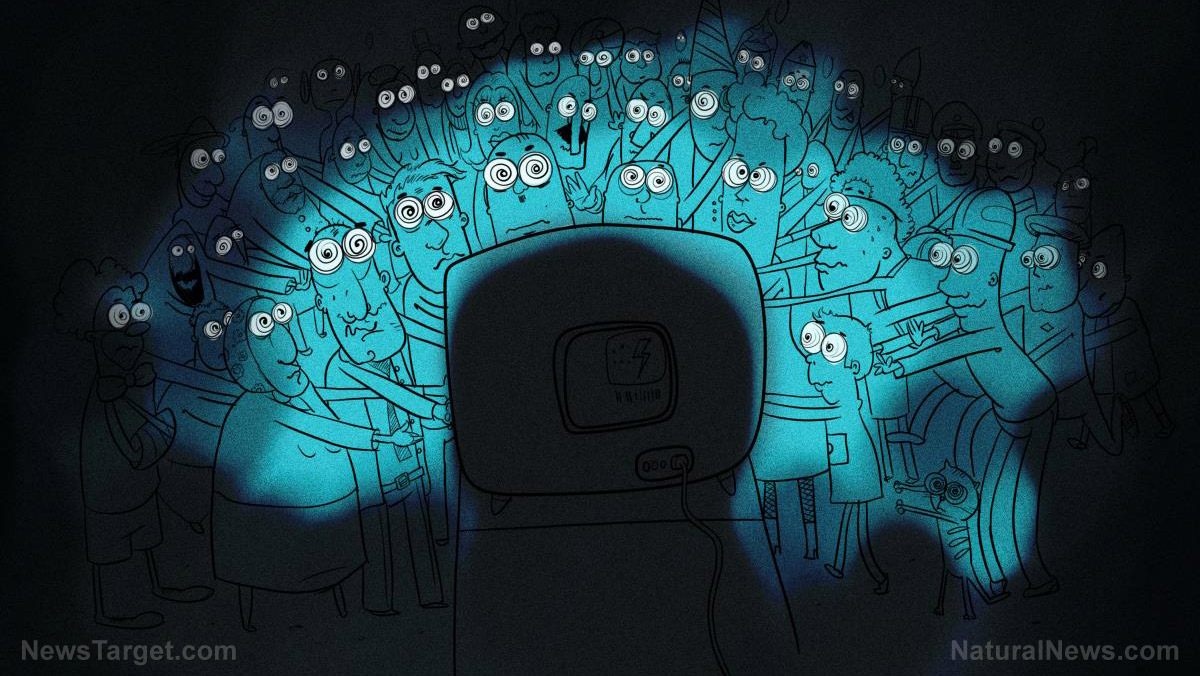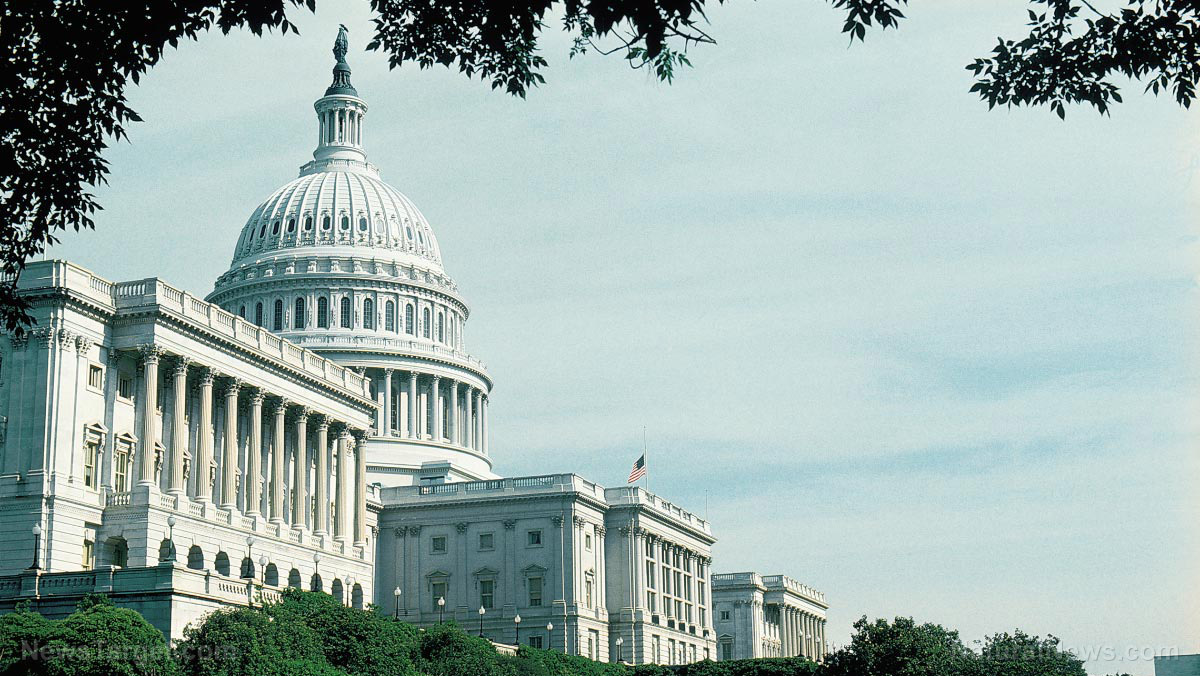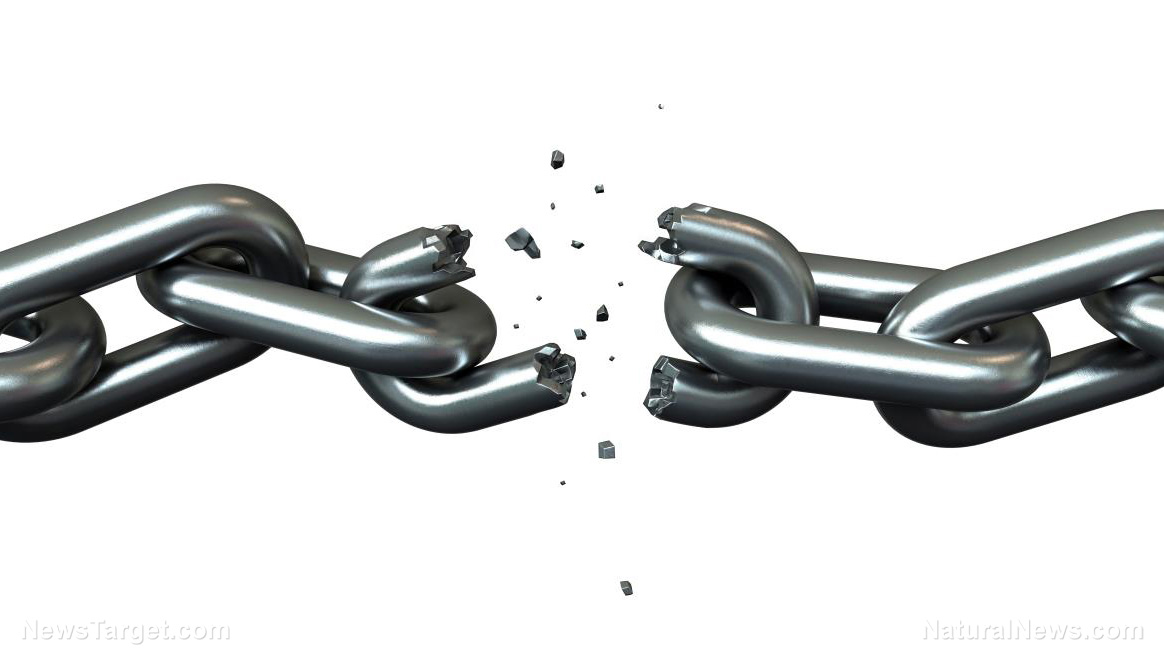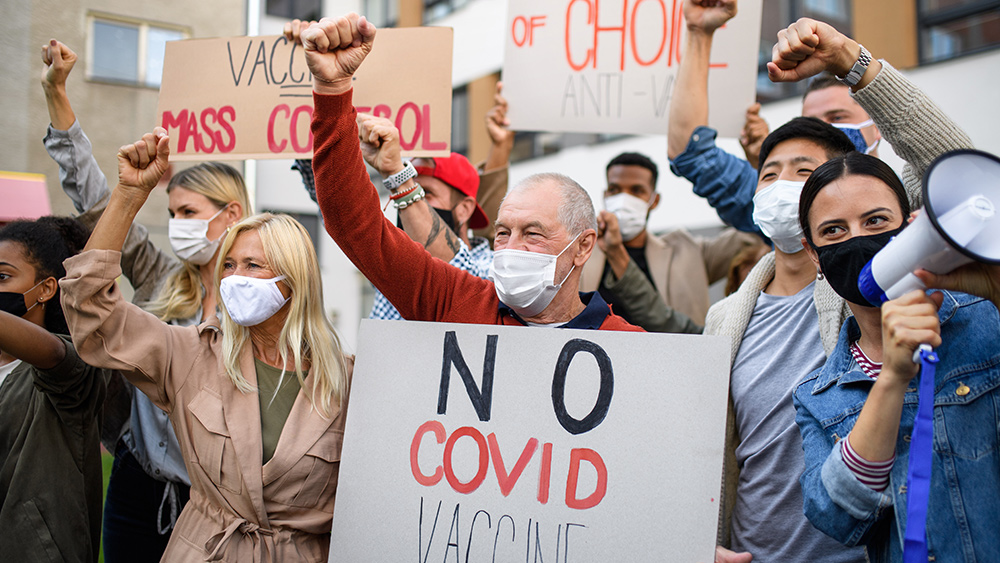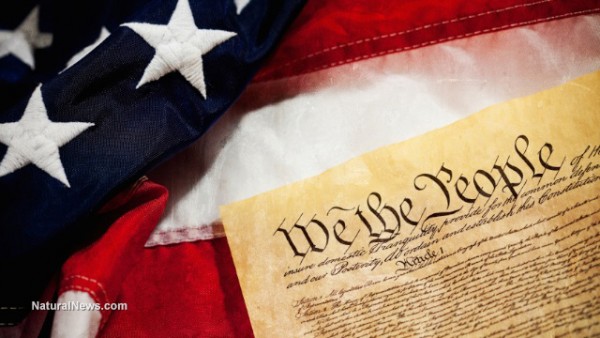Not-so-happy Disney employees sue company for better pay
09/22/2021 / By Ramon Tomey
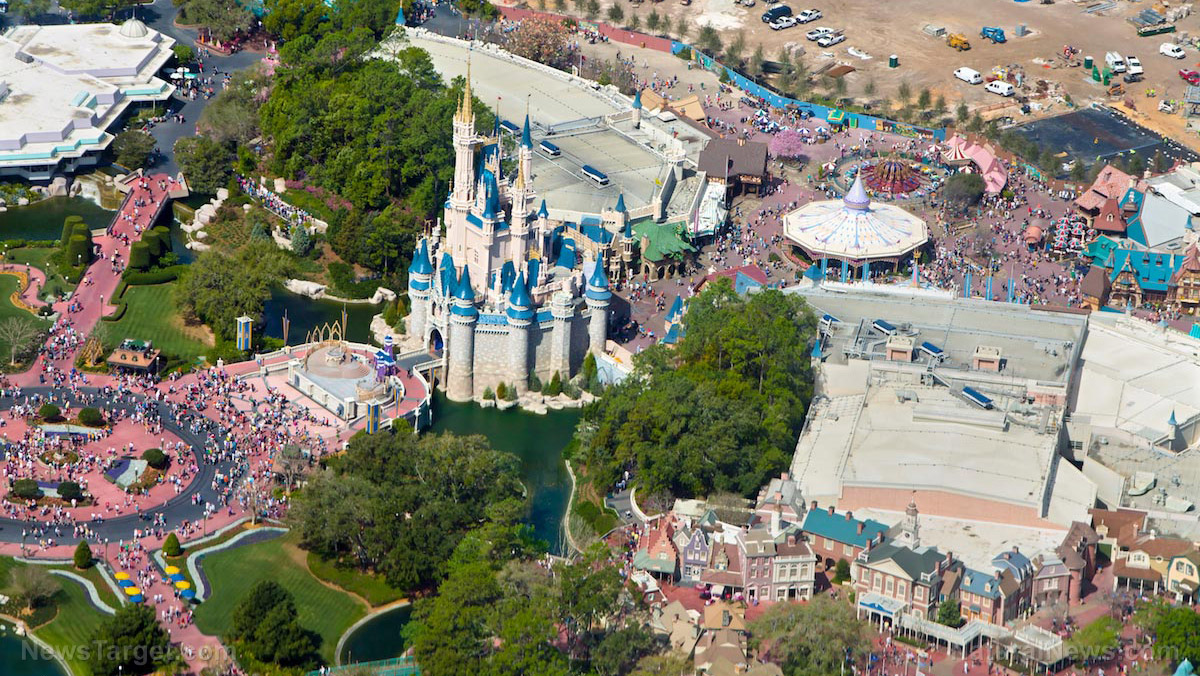
Employees at the so-called “happiest place on Earth” are unhappy because of The Walt Disney Company’s refusal to pay living wages. Thus, more than 25,000 Disney cast members sued the company in 2019 demanding better compensation. The plaintiffs allege that Disney must pay employees higher salaries given that it receives taxpayer subsidies.
The lawsuit seeks to determine if the $550 million contribution from the city of Anaheim, California is counted as a city subsidy. Of that amount, $108 million has been allocated to the Mickey and Friends garage while the remaining amount has gone to the Anaheim Convention Center and Disneyland. Both Disneyland and the city deny the company is receiving a subsidy — with the latter calling the $550 million “an investment in Anaheim’s future” instead.
But attorney Randy Renick, the lawyer responsible for filing the lawsuit, has a different opinion. He believes that the “investment” counts as a city subsidy.
“I think the issues here are simple: The voters demanded that companies like Disney, who take public handouts, pay their workers a living wage,” Renick says to the Los Angeles Times. “Disney should not get a pass.”
The garage is built on land owned by Disney, but the city of Anaheim is responsible for building and maintaining it for the time being. Even though the city has financed the garage, Disneyland keeps the revenue from it – alongside a $1 yearly lease the city pays.
Anaheim Chief Communications Officer Mike Lyster defends the $550 million investment as part of a “shared interest.” The city spokesman tells SFGATE: “[Disney has] an interest in running successful theme parks, shopping, dining and hotels, and we have interest in seeing a thriving economy that is based on visitors. Building a parking structure facilitates more people coming to the parks and spending money in our city, which in turn generates revenue that we use … [for] public safety, libraries and community centers.”
Lots of money for structures, but not even a penny for employees
The city of Anaheim’s $550 million investment is meant for Disney structures, but Disney employees do not receive a single penny. A survey of 5,000 cast members finds that many experience difficult living conditions due to low pay. A February 2018 study by the Economic Roundtable and Occidental College finds that 11 percent of Disneyland cast members experience homelessness in the previous two years. The same study finds that 68 percent experience food insecurity and 73 percent say their wages are insufficient for basic living expenses.
Upon discovering these conditions, Austin Lynch of labor union UNITE HERE Local 11 started gathering signatures for an initiative in Anaheim seeking to raise employees’ hourly wages. “The crux of the initiative was if you are getting taxpayer subsidies in the resort area, then you should be paying a living wage. It was based on the reality that Disney has gotten hundreds of millions of dollars in tax giveaways over the years. In return, [it should] pay enough for people to live,” Local 11’s coordinator for Orange County says. (Related: Magical Kingdom of Unemployment: Disney replaces American workers with cheap foreign workers on H1B visas.)
Lynch’s initiative eventually gained momentum and becomes Measure L, which became a city law in 2018. It mandates private businesses to raise their employees’ wages to $18 per hour by 2022 and increase salaries based on cost of living after that. Concurrent with Measure L gaining momentum, Disney agreed to raise cast members’ starting wages to $15 per hour. This is one dollar more than the state of California’s minimum wage for firms with more than 26 employees at $14 per hour.
Despite the passage of Measure L, many more Disneyland employees such as hotel valets have been excluded from the measure. Because of this, Local 11 and other unions have gathered cast members to file a lawsuit – with 25,000 plaintiffs joining. They argue in the lawsuit that Disney should be held to the payment structure under Measure L given the fact that it receives subsidies from the city.
Disney has laid off workers during the pandemic’s onset in 2020
The onset of the COVID-19 pandemic has forced Disneyland to close in March 2020. It has also laid off about 30,000 cast members and furloughed a significant amount.
Disney Parks, Experiences and Products Chairman Josh D’Amaro said in a memo: “For the last several months, our management team has worked tirelessly to avoid having to separate anyone from the company. However, we simply cannot responsibly stay fully staffed while operating at such limited capacity.” He laments the “heartbreaking” retrenchment as the “only feasible option … in light of the prolonged impact of COVID-19.” (Related: Disney to lay off 28,000 workers in belt-tightening move amid coronavirus pandemic.)
Despite the layoffs, Lyster cites Disney extending its support toward employees by paying their first month’s wages following the park’s closure in March 2020. Disney officials add that the company supports employees through perks such as public transportation subsidies, support for child care and elder care and additional paid sick time during the pandemic. Furthermore, Disney’s $15 starting wage applies to both union and non-union cast members.
Disney also continues to extend health insurance benefits to all cast members – including those who haven’t returned to work. Of the approximately 32,000 employees in the Anaheim theme park, about 19,000 – more than half – have returned to work since its reopening in late April 2021. Lynch lauds Disney’s move to expanding health insurance coverage, but acknowledges the “several thousand workers” such as subcontracted employees and those relying on tips that his union’s 2019 lawsuit aims to help.
Corruption.news has more articles about Disney’s refusal to pay their employees living wages in spite of its huge profits.
Sources include:
Tagged Under: anaheim, conspiracy, corruption, deception, disney, disneyland, employee layoffs, hourly wages, labor unions, Measure L, minimum wage, revolt, salary increase, uprising
RECENT NEWS & ARTICLES
COPYRIGHT © 2017 REVOLT NEWS


